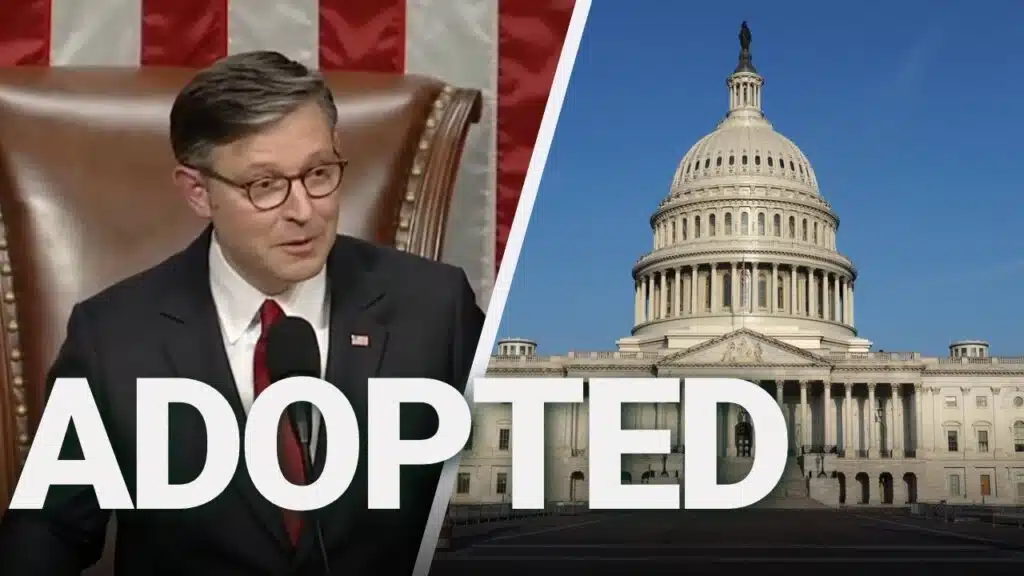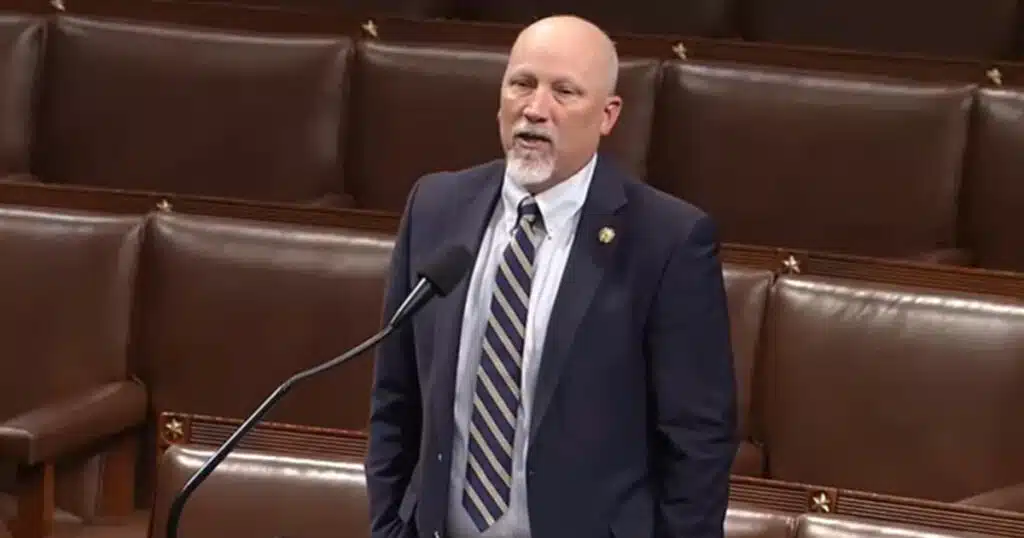
NFL Players Now Mimic Conservatives in One Surprising Way
Certain NFL players won’t sign a contract with a certain team unless it’s in a state that has reasonable tax policies.
This, according to a new analysis from the Washington, D.C.-based Americans for Tax Reform (ATR).
RELATED: Taxpayers’ Personal Information at Risk of IRS Malfeasance, Treasury Department Warns
ATR cited how star wide receiver Tyreek Hill turned down a position with the New York Jets to play instead for the Miami Dolphins. Florida does not have a state income tax, whereas New York state does.
As Pro-Football Network NFL Director Adam Beasley tweeted this month:
“Tyreek Hill on why he’s a Dolphin and not a Jet right now:
‘State taxes.’”
The ATR analysis also mentioned star shortstop Corey Seager, who left the Los Angeles Dodgers for the Texas Rangers. Again, California has a state income tax. Texas does not.
“Hill and Seager’s decisions reflect a pattern seen all across America. Americans have been voting with their feet in favor of lower-taxed states,” the ATR analysis said.
“With blue states continuing to push tax hikes and other dubious tax policies they continue run the risk of losing residents and jobs. These repercussions will surely spell economic downfall for these states as residents find it harder and harder to live in states with oppressive tax rates.”
ATR, citing information from the U-Haul moving corporation, said no state netted more customers for that company in 2021 than Texas. Florida and Tennessee rounded out the top three states. Tennessee also has no state income tax.
IN THE NEWS: Establishment Media Got It Wrong Reporting Texas’ Illegal Immigrant Crime Problem
As the Washington, D.C.-based Tax Foundation described last summer, 10 states recently enacted individual income tax rate reductions, while six states enacted corporate income tax rate reductions. Two states permanently exempted groceries from their respective sales tax bases, while five states suspended their tax on gasoline. Eleven other states, meanwhile, chose to return surplus revenue to eligible taxpayers through direct tax rebates.
“While recession fears may slow the pace of revenue-negative tax reform in particular in 2023, there remains an important role for both state tax relief and, just as importantly, structural state tax reform, which can be revenue neutral while still enhancing a state’s overall competitiveness,” said Tax Foundation Senior Policy Analyst Timothy Vermeer.
“In particular, reforms which reduce the cost of capital investment can help address the supply chain crisis and put states’ economies on a firmer footing.”
Send story tips and other story suggestions to [email protected]



